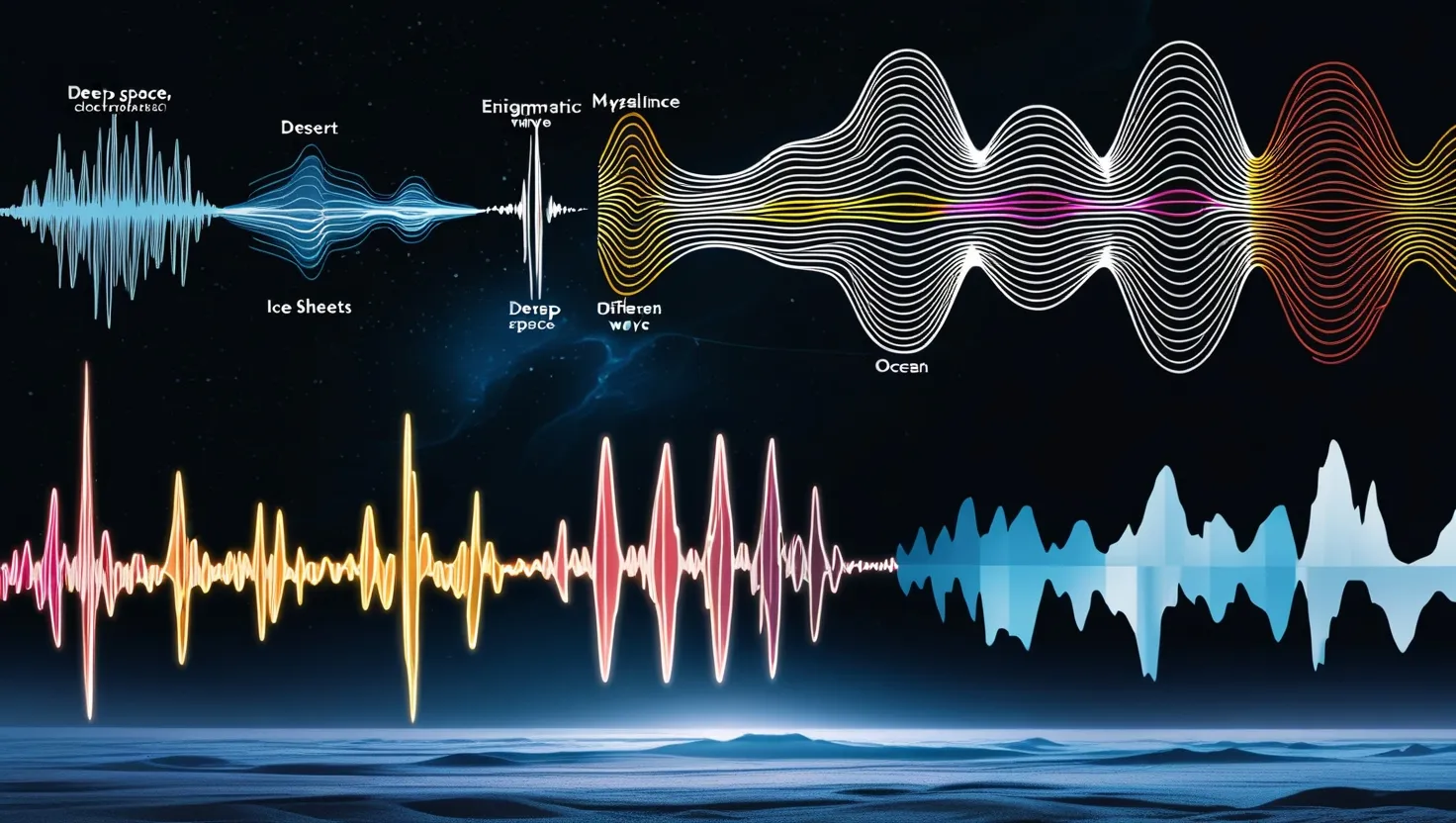8 Unexplained Radio Signals That Scientists Can't Decode: From 'Wow!' to UVB-76
Discover 8 unsolved radio mysteries that baffle scientists—from the famous Wow! signal to ghostly oceanic broadcasts. Explore these electromagnetic enigmas that might reveal natural phenomena or evidence of extraterrestrial intelligence. #RadioMysteries
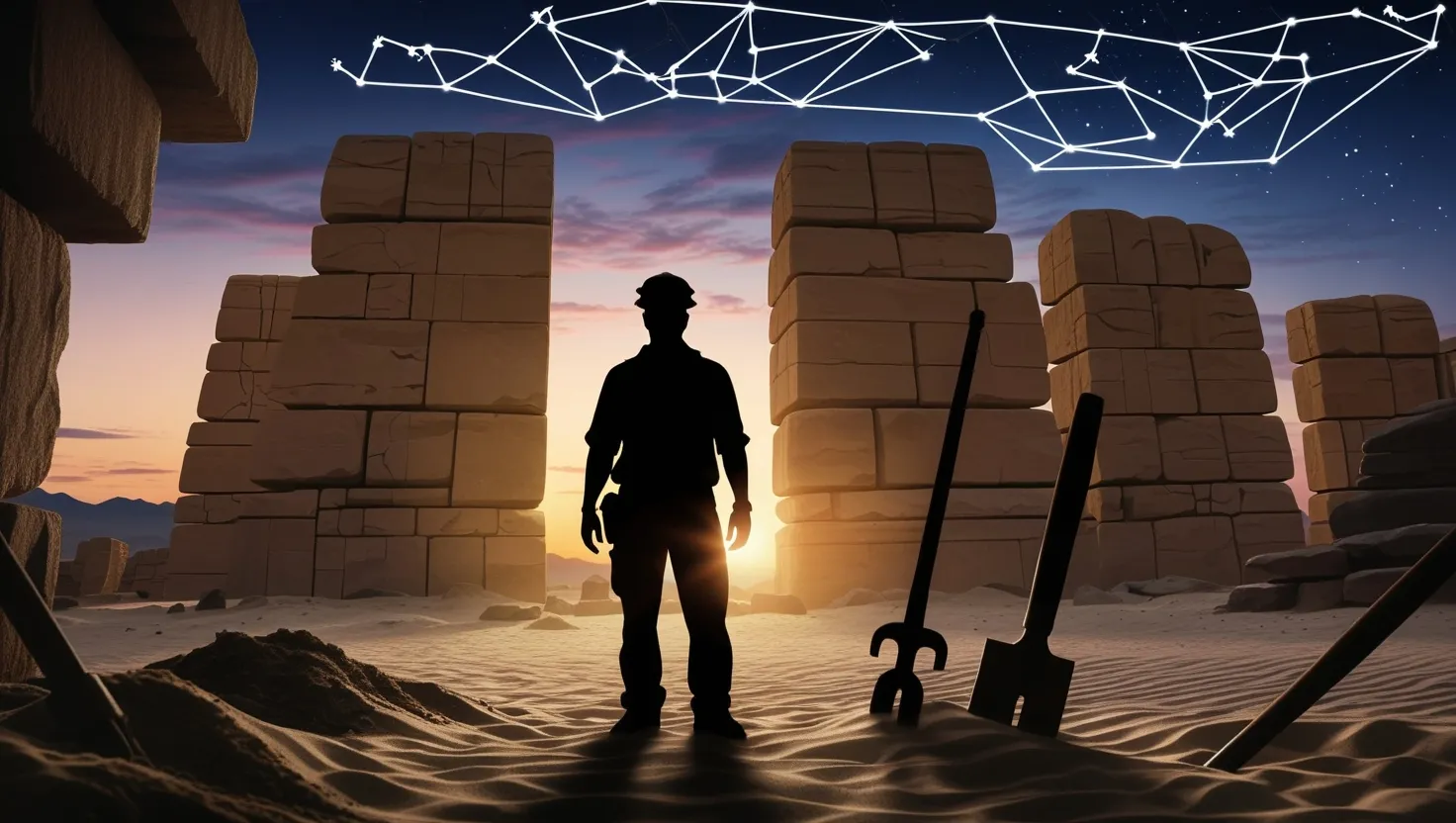
10 Lost Ancient Civilizations with Baffling Technologies that Still Puzzle Experts Today
Discover the technological wonders of lost civilizations that challenge modern understanding. From the Antikythera Mechanism to Easter Island's Moai, explore ancient engineering feats that defy conventional history. #AncientTechnology
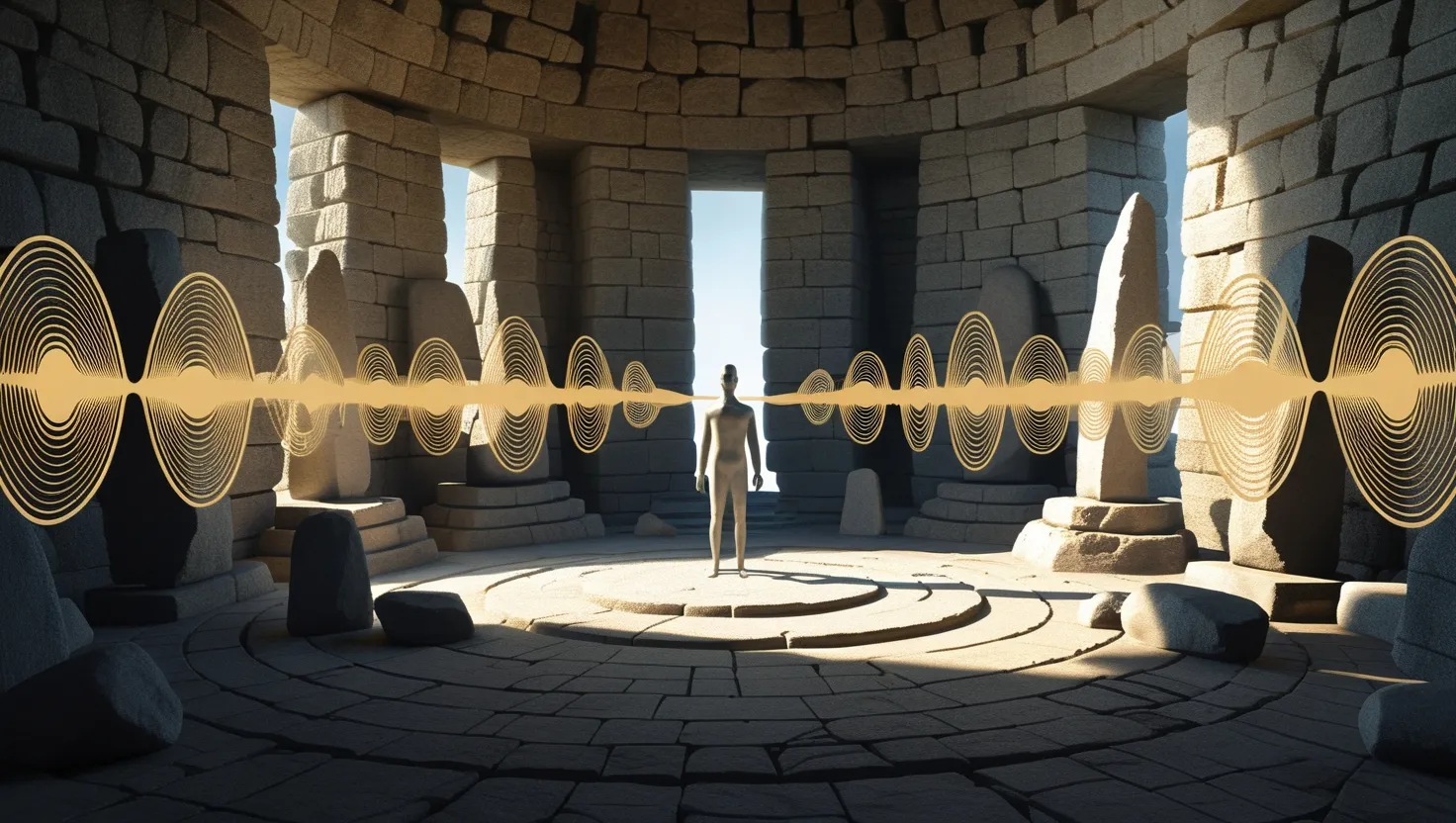
Ancient Sound Engineering: 7 Mysterious Acoustic Sites That Challenge Modern Science
Discover the mysteries of ancient acoustic engineering at sacred sites worldwide. Learn how structures like Stonehenge and Chichen Itza manipulate sound for spiritual experiences. Explore how our ancestors mastered acoustics thousands of years ago. Read more now.
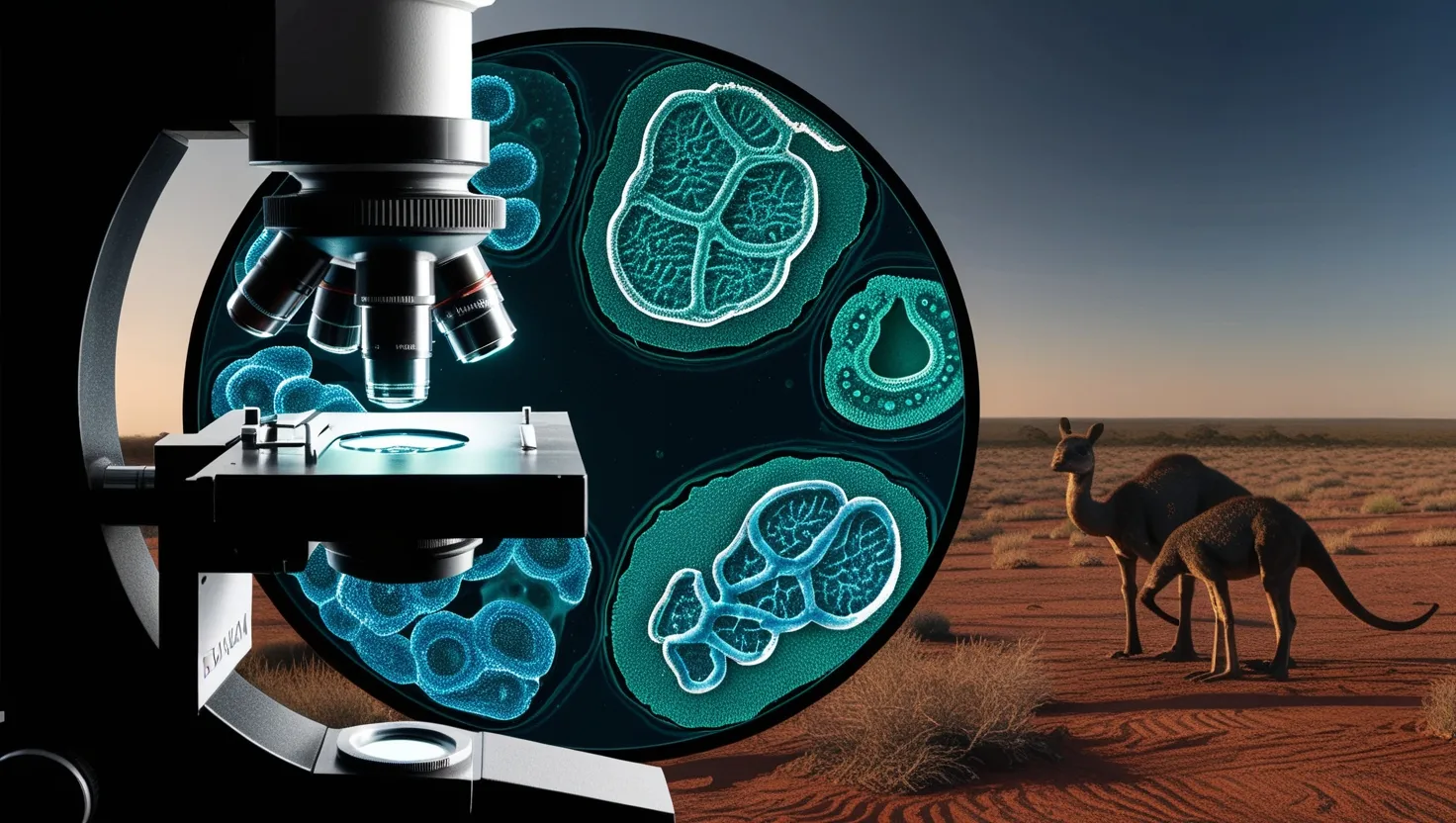
Ancient Nanofossils Challenge Timeline of Complex Life on Earth
Discover how Ediacaran nanofossils challenge evolutionary timelines with evidence of complex life 565 million years ago. Learn what these microscopic remains reveal about Earth's ancient past and why scientists are rethinking when advanced organisms first appeared.

Ancient Anomalies: Scientific Puzzles Challenging Our Timeline of Earth's History
Explore geological anomalies that challenge scientific timelines - from ancient pollen to mysterious artifacts. Discover how these findings question our understanding of history and fuel scientific debate. Read now for a thought-provoking journey through time.
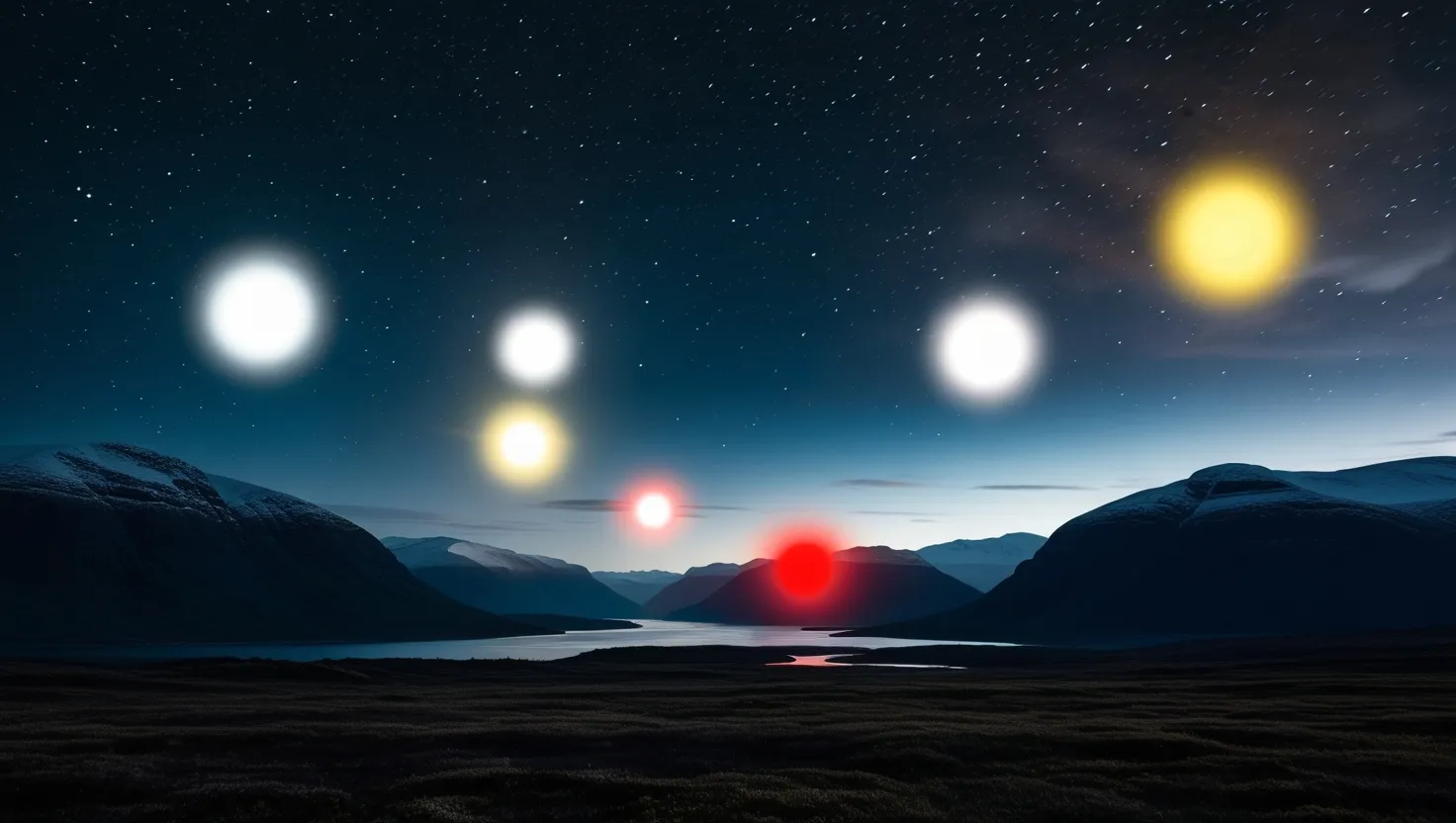
Hessdalen Lights: Norway's Quantum Mystery Pulses Scientists Can't Explain
Discover the mysterious Hessdalen Lights – unexplained quantum phenomena defying physics in Norway's remote valley. Explore scientific theories behind these documented light formations that move at extraordinary speeds. Learn what makes these phenomena so scientifically valuable.
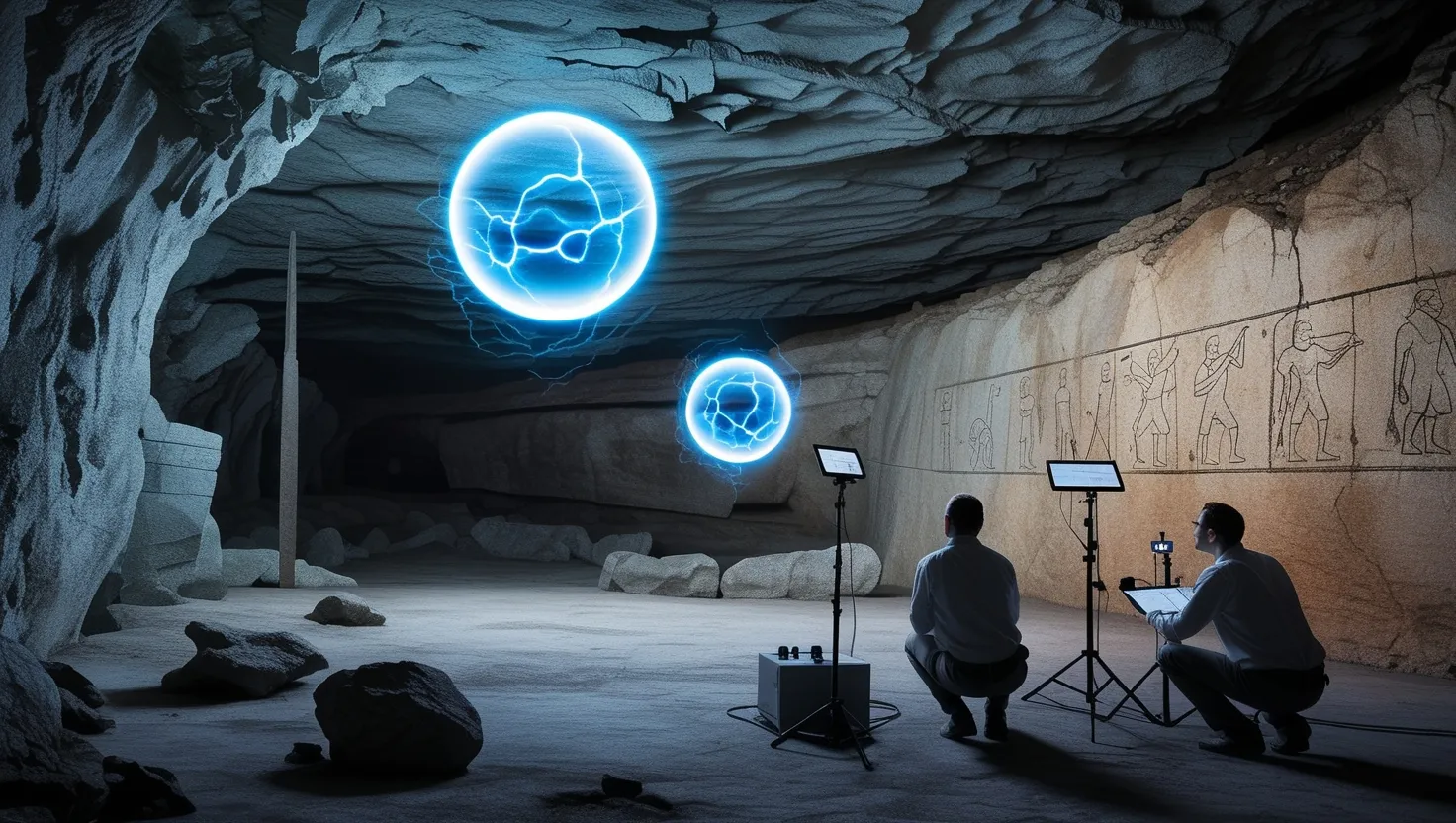
28,000-Year Mystery: Unexplained Plasma Orbs in France's Ancient Cussac Cave
Discover the mysterious plasma orbs of Cussac Cave, where ancient art meets unexplained scientific phenomena. Learn how these luminous spheres challenge modern physics while connecting us to our prehistoric past. Experience the wonder of unsolved natural mysteries.

7 Historical Disappearances That Still Baffle Experts Today
Explore 7 of history's most baffling disappearances from the Roman Ninth Legion to Percy Fawcett's Amazon expedition. Discover the evidence, theories, and cultural impact of these unsolved mysteries that continue to challenge our understanding of the past. Read now.

The Vela Incident: When a Satellite Detected a Mysterious Nuclear Signal in 1979
Discover the unsolved mystery of the Vela Incident: Was it a secret nuclear test or satellite malfunction? Explore competing theories and geopolitical implications of this 1979 double-flash detection over the South Indian Ocean. Read now for the full analysis.

Time-Traveling Trees: Ancient White Pines Challenge Science in New Hampshire's Mountains
Discover New Hampshire's mysterious white pines that defy dendrochronology with mirror rings and synchronized growth patterns. Explore how these ancient trees challenge our understanding of time and forest ecosystems. Learn what scientists are finding.
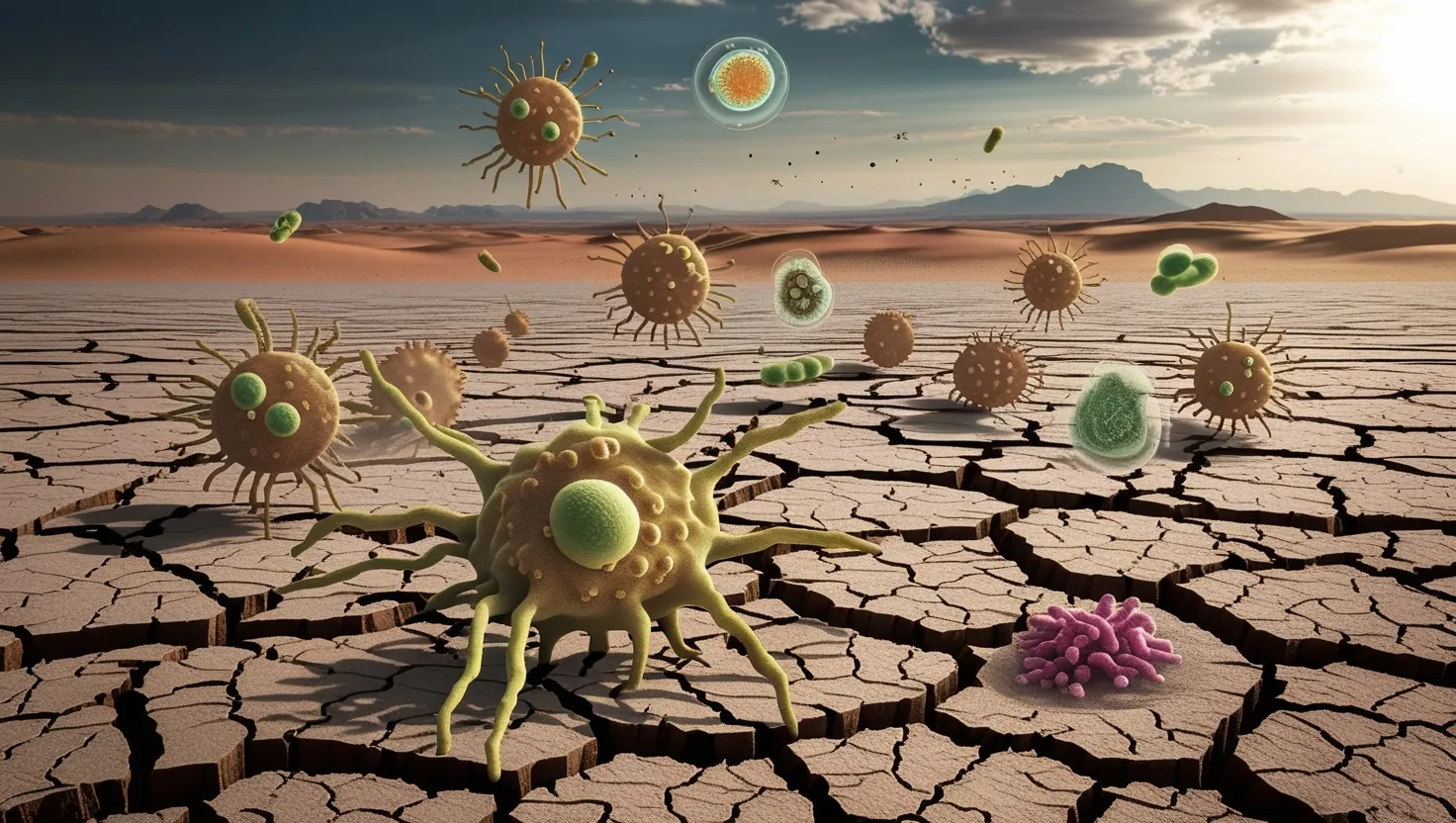
Atacama's Miracle Microbes: How Life Thrives in Earth's Driest Desert
Discover how extremophile microbes in Chile's Atacama Desert defy life's limits, surviving with minimal water and unique metabolic adaptations. Learn what these resilient organisms reveal about evolution and potential extraterrestrial life.

Baltic Sea Anomaly: Underwater Mystery Challenges Scientific Understanding
Discover the Baltic Sea Anomaly - a 200-foot underwater structure with perfect angles and strange electromagnetic effects. Explore competing theories about this 14,000-year-old mystery and what it means for human history. Dive into the unknown today.

Baltic Sea's Acoustic Mystery: Sound Waves Defying Physics Underwater
Discover the Baltic Sea Acoustic Anomaly where sound defies physics! Explore how sound waves travel at impossible speeds in this underwater mystery. Scientists baffled by this natural phenomenon. Learn what it means for marine science.
